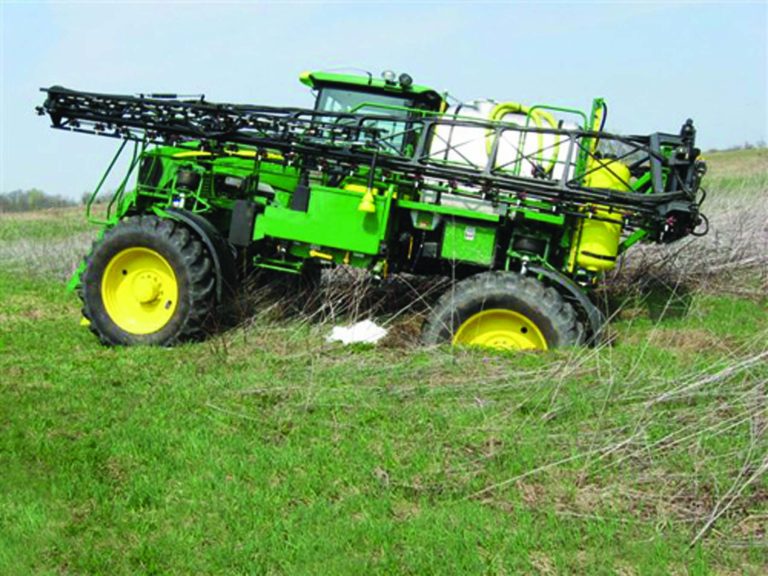Labor saving devices don’t just save labor, they eliminate the need for laborers. When we look at any human occupation, we quickly see that a tiny percentage of those involved in it are thinking about better, faster ways to do things. In a way, those who try to eliminate labor are waging war with their less creative, less ambitious fellow-workers. They are trying to put them out of work and get themselves some of the money that used to go to them. Living in rural, Western Pennsylvania, one sees that clearly.
Once, there were hundreds of small, labor-intensive iron furnaces in the area, all of which disappeared when the huge steel-making centers developed in Pittsburgh, Johnstown, and other steel-making centers. There were also thousands of small coal, limestone, and coke producers. All were put out of business by the centralization and increasing automation of those facilities.
Those with the abilities to automate, centralize, and reduce costs were also able to swing the legislative process to their side, making most attempts to maintain the inefficient and decentralized production centers futile. During this time, the rich got richer, and European immigrants went from abysmal poverty to something resembling prosperity. Automation did not proceed rapidly enough to eliminate their jobs before they could form unions, become politically powerful, and eventually destroy the source of wealth that had enriched them by stopping further automation in their own industry.
Now, of course, those mills are closed. Steel is being produced overseas, and huge shopping malls line the once productive valleys that no longer produce anything but a market for steel made in other countries.
There is no meaningful automation
that saves labor in any government agency. There, workers are safe from every kind of competition. So, more people are drawn to government employment. There is little useful work done in any of those agencies that came into being after 1930. The huge drag that such agencies put on the activities of the “automators” keeps them from automating any sizable number of government jobs. Perversely, the growing inefficiency in any government raises taxes. That causes more unemployment, and poverty throughout the lands where the “anti-automators” rule. Ideally, the growing number of government “workers” would be equal to those whose jobs were displaced by automation. Then, we could have both prosperity and full employment. But, government employment goes to “favorites”, rather than to those who are most able to do the best job, so those displaced by automation in the private sector have a hard time getting government jobs. The more qualified they are, the harder it is for them.








